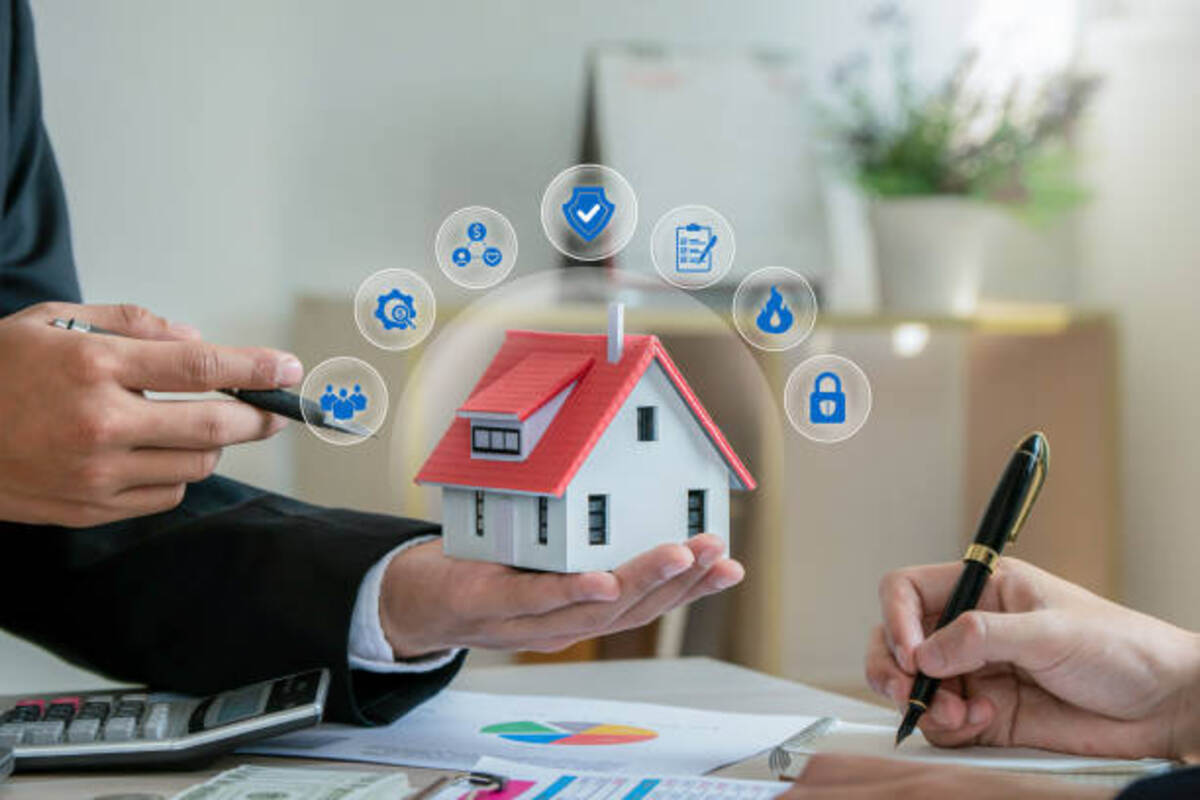In the cardiovascular system of central Europe, budapest is witnessing a transformative shift towards sustainability in its residential sector. House owners and developers alike are generally increasingly incorporating renewable energy alternatives and sustainable practices inside their properties, driven by an expanding awareness of environmental issues plus the potential for long-term cost savings. This kind of post explores the modern ways in which green technologies are integrated into budapest homes, showcasing unique practices that are placing the city apart in the realm involving sustainable living. Obtain the Best information about Renewable energy and sustainable practices in budapest.
Embracing electrical power
The adoption of electrical power technologies in budapest properties is on the rise, with solar panel systems leading the charge. In accordance with the Hungarian Energy and Open Public Utility regulatory authority, there has been a 40% increase in home solar panel installations over the past 2 years. These systems not only provide a clean, sustainable source of energy but additionally significantly reduce electricity bills, providing a tangible return on investment with regard to homeowners.
Beyond solar, geothermal heating systems are gaining traction, particularly in recently developed residential areas. These techniques use the stable temperature from the earth’s crust to provide efficient heating and cooling, decreasing reliance on traditional powers and lowering greenhouse fuel emissions.
Sustainable building components and practices
In the realm associated with construction and development, there exists a growing emphasis on the use of lasting building materials and environmentally friendly practices. Bamboo flooring, remade steel, and thermal padding made from recycled materials have become more common in budapest houses, offering environmental benefits without compromising on quality or even aesthetics.
Green roofs tend to be another innovative feature progressively found atop budapest’s dwellings. These living roofs offer excellent insulation, reduce rain runoff, and combat the actual urban heat island impact, contributing to a cooler, healthier cityscape. A study by the budapest university of Technology as well as Economics estimates that eco-friendly roofs can reduce a building’s energy consumption by as much as 25% during summer months.
Drinking water conservation efforts
Water preservation is another critical aspect of budapest’s move towards sustainable residing. Rainwater harvesting systems are now being integrated into residential properties, collecting rain for use in gardening, flushing toilets, and even laundry, considerably reducing the demand for handled water.
Low-flow fixtures, as well as appliances, are standard within new developments and are designed to reduce water usage without sacrificing performance. These technologies, alongside water-wise landscaping practices, underscore budapest’s commitment to preserving the water resources.
Enhancing power efficiency
Energy efficiency reaches the forefront of budapest’s sustainable housing initiatives. Numerous homes and apartments are now being fitted with high-performance windows, brought lighting, and energy-efficient home appliances, drastically reducing energy usage. The Hungarian government’s assistance with energy-efficient renovations via subsidies and incentives additionally encourages homeowners to undertake lasting upgrades.
Smart home technology also plays a crucial role in enhancing power efficiency. Automated systems that control lighting, heating, and cooling based on occupancy and usage patterns are becoming more common, allowing residents to manage their own energy use more effectively and sustainably.
Community-oriented sustainable routines
Beyond individual homes, budapest is seeing the climb of community-oriented sustainable routines. Urban gardens, shared electrical power projects, and community taking programs are fostering a sense of collective responsibility towards the natural environment, engaging residents in the hunt for a more sustainable city.
Realization
A blend of advancement, community involvement, and government support usually marks Budapest’s journey toward durability in the residential sector. By integrating electrical power solutions, sustainable building routines, and efficient technologies, house owners and developers are not only resulting in a greener planet but also paving the way for a far more sustainable future for the area. As budapest continues to advance, these practices serve as some model for urban durability, demonstrating that environmental duty and modern living should go hand in hand.
Read also:


